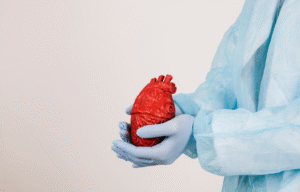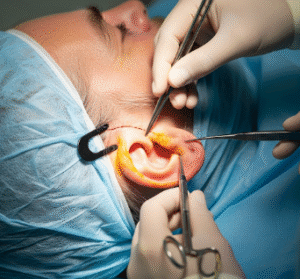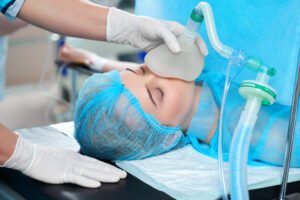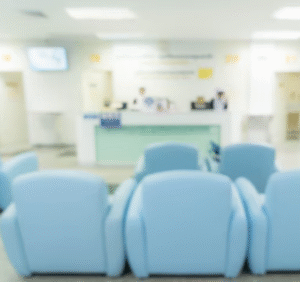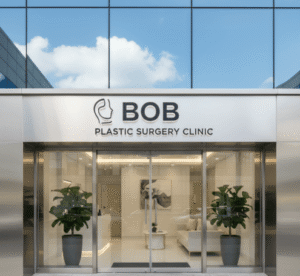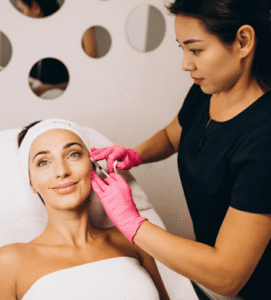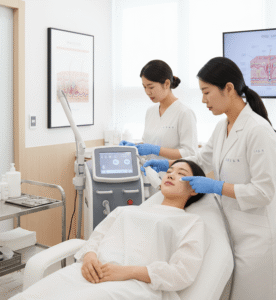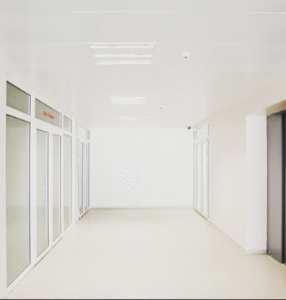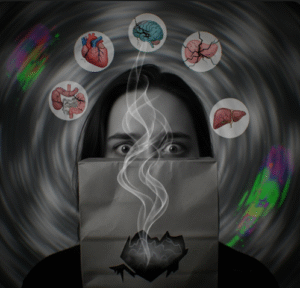Overview
Actinic Keratosis (AK) is a precancerous skin condition characterized by rough, scaly patches that develop on sun-exposed areas of the body. These lesions result from long-term exposure to ultraviolet (UV) radiation from the sun or tanning beds. While not all AKs progress to cancer, a small percentage can develop into squamous cell carcinoma (SCC), making early detection and treatment important.
Actinic keratosis is one of the most common dermatological conditions seen in people with fair skin, and it often serves as a warning sign of cumulative sun damage.
What is Actinic Keratosis?
Actinic keratosis is a skin lesion that arises due to UV-induced damage to keratinocytes (skin cells) in the outermost layer of the skin. It often appears as dry, rough, scaly patches on areas like the face, ears, scalp, neck, arms, and hands. These lesions are considered precancerous and may progress to squamous cell carcinoma if left untreated.
Symptoms
Common symptoms of actinic keratosis include:
- Rough, dry, or scaly patch of skin
- Flat or slightly raised lesion, often <1 inch in diameter
- Color ranging from pink to red to brown
- Itching, burning, or tenderness in the area
- Multiple lesions in sun-exposed regions
- A sandpaper-like texture to the touch
Causes
The main cause of actinic keratosis is:
- Chronic exposure to ultraviolet (UV) radiation, from the sun or tanning beds
Other contributing factors:
- Fair skin tone (less melanin = less UV protection)
- Genetic predisposition
- Immunosuppression (e.g., organ transplant recipients)
- Environmental exposure (long-term outdoor work or hobbies)
Risk Factors
You’re more likely to develop actinic keratosis if you:
- Have fair skin, blond or red hair, and light-colored eyes
- Are over the age of 40
- Live in sunny climates or at high altitudes
- Work outdoors (e.g., farmers, construction workers, fishermen)
- Have a history of frequent sunburns
- Use tanning beds
- Have a weakened immune system
- Have had previous skin cancers or AK lesions
Complications
The major complication of actinic keratosis is:
- Progression to squamous cell carcinoma (SCC)
- An estimated 5–10% of AKs may evolve into SCC, which can spread if not treated.
Other potential issues:
- Cosmetic concerns due to visible lesions
- Discomfort or bleeding from irritated lesions
- Increased risk of developing other types of skin cancer due to cumulative sun damage
Prevention
To reduce your risk of actinic keratosis:
- Use sunscreen with broad-spectrum SPF 30 or higher every day
- Avoid direct sun exposure during peak UV hours (10 a.m. to 4 p.m.)
- Wear protective clothing, hats, and sunglasses when outdoors
- Avoid tanning beds
- Perform regular self-exams of your skin for new or changing lesions
- See a dermatologist annually for a full skin check
Treatment Options Korea
1. Cryotherapy
- Most common first-line treatment in Korean dermatology clinics
- Involves applying liquid nitrogen to freeze and destroy abnormal cells
- Quick, effective, but may cause hypopigmentation or blistering
2. Topical Medications
- 5-Fluorouracil (5-FU) cream – targets precancerous cells
- Imiquimod cream – stimulates immune response
- Diclofenac gel – anti-inflammatory option with mild effect
- Applied over several weeks; available by prescription
3. Photodynamic Therapy (PDT)
- Involves applying a photosensitizing cream and activating it with light
- Especially effective for multiple lesions or facial/scalp areas
- Performed in specialized Korean dermatology centers
4. Laser Therapy
- Ablative lasers (e.g., CO₂ or Er:YAG) used for resistant or thick lesions
- Offers cosmetic benefit as well
- Available in both medical and cosmetic dermatology clinics
5. Curettage and Electrosurgery
- Scraping off lesions followed by heat cauterization
- Used for thicker, hyperkeratotic AKs
6. Regular Skin Surveillance
- Ongoing skin checks due to risk of progression to squamous cell carcinoma (SCC)
- Education on UV protection and early warning signs


